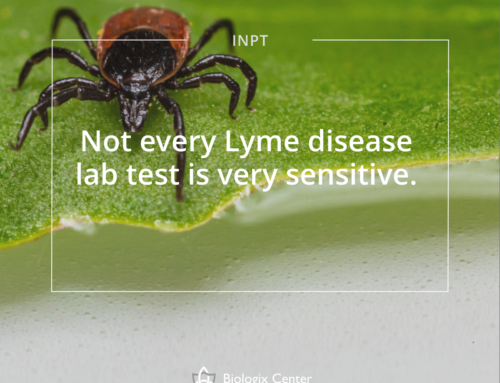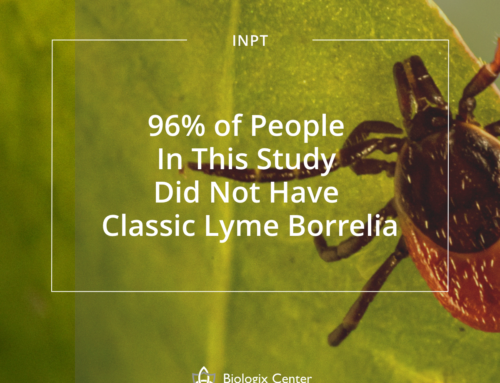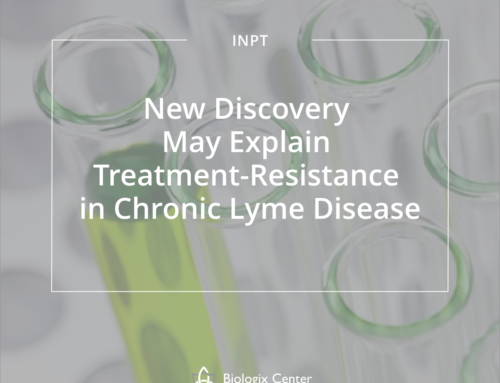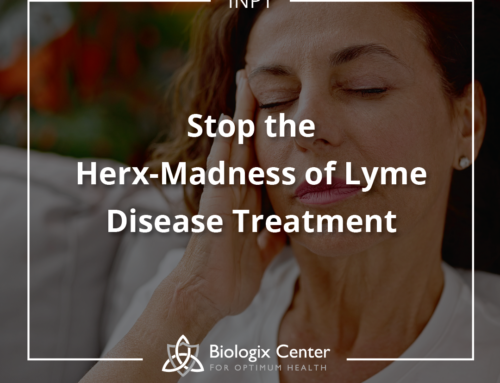The doctors at the Biologix Center for Optimum Health, in Franklin, TN, using sophisticated, precision Biospectral Emission Sequence (BES) testing have identified that many, if not most patients with Mast Cell Activation Syndrome (MCAS) are being triggered by previously undetected H1N1 (Swine flu) viral infection. This fact is usually poorly recognized by doctors and therefore this latent infection is left untreated, leaving the patient to suffer ever increasing hypersensitivity to their environment, and inflammatory illnesses.
By the very nature of the hypersensitivity condition itself, there are many potential triggers of MCAS. Triggers are not causes, anymore than salt in the cut causes the cut. Addressing and eliminating all of the triggers is important, however getting to the primary cause or causes has eluded conventional and natural medicine for decades. It is unclear whether H1N1 is the absolute primary cause of MCAS, however symptomatic improvements are being seen, above and beyond previous treatments, when the H1N1 infection is successfully addressed.
According to the CDC, H1N1, the Swine Flu of 2009, has continued to infect people up to the present date, although its mention in the mainstream media has long subsided. Although there are reports that there have been as many as 1.5 billion cases of H1N1 world-wide that have occurred since the 2009 pandemic, the CDC states that through 2018, there have been a total of 100.5 million cases, with 936,000 hospitalizations. The CDC goes on to confirm that, since the introduction of H1N1 in 2009 it has continued to circulate seasonally in the U.S. causing illnesses, hospitalizations, and deaths.
It is established that a person living almost anywhere in the world, stands a very good chance of having an underlying and undiagnosed infection of H1N1. In that our doctors were finding it as a causative factor in MCAS, the next logical step for us was to find out if there was there any research that confirms this finding.
Scientific research reported in the Archive of Virology Journal in 2017 has confirmed that H1N1 causes the release of histamine, cytokines, and chemokines from mast cells. These substances are the promoters of inflammation and hypersensitivities seen in MCAS. Another peer-reviewed research article in the Journal of Immunology in 2013, declares that the inflammatory response of mast cells is directly caused by H1N1 infection. Unfortunately, many journal articles go unnoticed by clinical physicians.
Treatment of the Hyper-reactive Person
Now that we have discovered and confirmed this connection between H1N1 viral infection and MCAS, the question becomes how do we treat it, given that the person with MCAS is already so globally reactive that they cannot tolerate most foods, much less harsh anti-viral medications. Vaccines are not a viable solution, as they are ineffective when given to a person who already has an active infection.
An apparent solution to this problem has been developed by PhagenCorp, an innovator in induced-native phage technology. PhagenCorp has developed patent-pending therapeutics, thought to activate epigenetic changes in both naturally occurring virophages and bacteriophages that already reside within the patient. These epigenetic changes appear to cause the native phages to kill the targeted viruses within the patient, in this case, H1N1.
These new human therapeutics are very well tolerated by even the most sensitive MCAS person, and are being researched as part of an IRB supported, patient-funded study at the Biologix Center for Optimum Health. Due to the nature of total systemic dysregulation of the body in MCAS patients, a multi-prong treatment approach is being applied in a two week program of total body treatments. It is believed that although H1N1 may be the primary cause of MCAS, any treatment must go beyond killing the virus, and must address the totality of dysregulation in a coordinated strategic program.
The ongoing research study is accepting new participants who feel they may have MCAS. Although the program is patient-funded, approximately 98% of funds go to support the research. Foundation scholarships are available for those who are in financial distress.
Although the goal of this initial 2-week program is to identify and facilitate the body’s ability to eliminate H1N1, and all other identified causes of MCAS, it is understood that healing of the most severe cases will likely require treatments beyond the two week program to address the many dysfunctions caused by the long-standing and severe inflammatory and reactive nature of the illness.
To read a comprehensive overview of MCAS, Mastocytosis, and Histamine Intolerance please click on this link.





